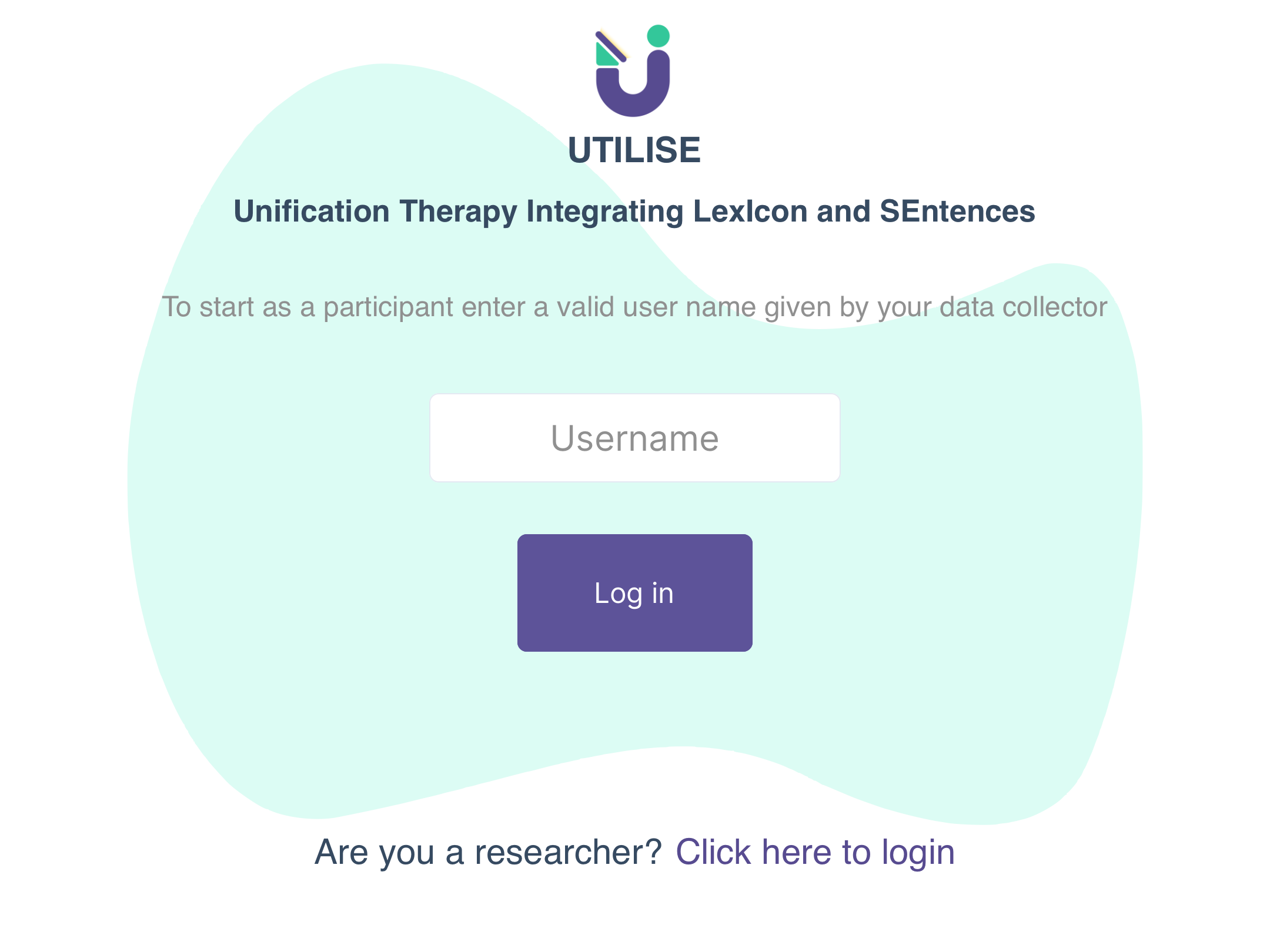We are hugely grateful to the Stroke Association for funding our ongoing research into post-stroke aphasia.
The UTILISE project has been developed with the aim of improving people with aphasia’s ability to produce and understand every-day sentences. We are about to take the exciting next step in our project journey, which involves lending people an iPad that they can use to access our therapy at home. Our work with Therapy Box has made it possible for us to build a version of our therapy which people can use remotely, meaning there is less travel commitment, less expense, and opportunity for people to spend more time doing therapy exercises from the comfort of their own sofa.
We are thrilled to share this Stroke Association video with you, in which our UTILISE PhD researcher, Kerry Corley, explains more about why she is part of UTILISE, and the work that we do. Professor Rosemary Varley, our project lead, and Tony, an individual with aphasia, also talk about why this research is so important.
The Stroke Association would not be able to fund such valuable work without the contributions of donors and the public. To make a donation to the Stroke Association, click here.






